
7 Subtle Health Problems That Could Be Early Warning Signs of Cancer
We often dismiss minor symptoms like headaches, fatigue, loss of appetite, or a persistent cough as harmless — yet these can sometimes be the body’s early warning signs of cancer.
According to oncologists at the Zhuzhou Central Hospital (China), a 48-year-old man was diagnosed with late-stage lung cancer after ignoring his cough for over three months, assuming it was a lingering cold. Doctors later confirmed he had been smoking since age 18, causing extensive lung damage.
Medical experts warn that our bodies often signal disease long before serious symptoms appear, but because the signs are mild or recurring, they’re easy to overlook. Here are seven warning signs you should never ignore.
1️⃣ Frequent or Persistent Headaches
While headaches are common, chronic or worsening pain can indicate something more serious, such as a brain tumor.
Brain tumors — either primary (originating in the brain) like gliomas or meningiomas, or secondary (metastatic) tumors from cancers of the lungs, breasts, or digestive tract — can cause pressure inside the skull and trigger recurring headaches.
If your headaches become more severe, last longer, or no longer respond to medication, seek medical evaluation immediately.
Mayo Clinic (2024) emphasizes that persistent headaches that worsen over time or come with nausea, vision changes, or weakness should be investigated promptly.
2️⃣ A Chronic, Dry Cough
A persistent cough is one of the earliest and most overlooked signs of lung cancer.
According to the American Lung Association, over 50% of lung cancer cases begin with a lingering cough mistaken for allergies, bronchitis, or a cold.
Even if you don’t smoke, a cough lasting more than three weeks or accompanied by fatigue, chest pain, or hoarseness should be evaluated.
Early detection can dramatically improve survival rates.
3️⃣ Abdominal Pain That Doesn’t Go Away
The abdomen houses many vital organs — the liver, stomach, pancreas, gallbladder, and intestines.
Persistent or worsening abdominal pain can be a symptom of cancer in any of these organs.
For instance, pancreatic cancer often starts silently but may cause upper abdominal discomfort radiating to the back. Liver or gastric cancer can present as dull, persistent pain or bloating.
If pain becomes constant or requires regular painkillers to manage, it’s time for diagnostic imaging or a specialist consultation. (Johns Hopkins Medicine, 2024).
4️⃣ Unexplained Weight Loss
If you lose weight rapidly without changes to your diet or exercise routine, don’t ignore it.
The National Cancer Institute notes that unexplained weight loss of over 5% of body weight within six months can signal an underlying malignancy — most commonly stomach, pancreas, lung, or colon cancer.
In late stages, cancer cells release compounds that alter metabolism and cause cancer-related cachexia, leading to weakness and muscle wasting.
5️⃣ Persistent Fatigue
Fatigue that doesn’t improve with rest could indicate cancer.
According to Cancer Research UK (2023), fatigue in cancer patients can result from anemia, nutrient deficiencies, or the tumor’s disruption of the body’s normal metabolism.
Fatigue may also be caused by poor sleep due to pain, anxiety, or inflammation triggered by cancer.
If exhaustion becomes chronic and unrelieved by rest, see a healthcare provider to rule out metabolic or oncological causes.
6️⃣ Frequent Colds or Infections
A weakened immune system can make you more prone to frequent “minor” illnesses.
When the immune system is compromised — due to leukemia, lymphoma, or another malignancy — the body loses its ability to fight everyday infections.
The World Health Organization (WHO, 2024) highlights that early-stage blood cancers often suppress bone marrow activity, leading to recurrent respiratory or urinary infections.
If you’re constantly catching colds or infections, it’s worth checking your white blood cell count.
7️⃣ Loss of Appetite
Cancer cells produce toxic byproducts that can suppress appetite-regulating hormones.
In addition, when cancer metastasizes — particularly to the liver — it can disrupt digestion and cause nausea or an aversion to food.
Harvard Health Publishing (2023) notes that appetite loss, especially when accompanied by unintentional weight loss, should be taken seriously, as it can signal both digestive and systemic cancers.
🧠 Hidden Clues in the Neck: 3 Early Cancer Warning Signs
While the neck might seem unrelated to internal diseases, doctors emphasize it’s often one of the first areas to reveal signs of systemic illness, including cancer.
1️⃣ Changes in Skin Color Around the Neck
Darkened, thickened, or discolored skin around the neck can indicate liver dysfunction or insulin resistance, which are both associated with a higher risk of liver and stomach cancer.
According to Cleveland Clinic (2024), this condition — known as acanthosis nigricans — can sometimes be a paraneoplastic sign of internal malignancy.
If you notice dark patches or unusual texture changes on your neck, consult a doctor and check liver and metabolic function.
2️⃣ Swollen or Hard Lymph Nodes
A small, soft, movable lymph node under the jaw or near the collarbone is usually benign.
However, if you find a firm, immobile, or enlarging lump larger than 1 cm, it could signal lymphoma, thyroid, or metastatic head and neck cancer.
Johns Hopkins Medicine recommends evaluation for any lump that persists beyond two weeks, grows, or becomes painful.
3️⃣ Pimple-like Bumps or Persistent Redness
While most neck rashes are harmless, recurring red bumps or painful abscesses could indicate an immune reaction caused by cancer-related inflammation.
Some studies in the Journal of Dermatology (2023) suggest that chronic inflammatory skin lesions can precede internal malignancy in rare cases.
Maintaining regular hygiene, hydration, and screenings can help detect abnormalities early.
🥦 8 Science-Backed Foods That Help Prevent Cancer
A growing body of research suggests that diet plays a major role in cancer prevention — with up to 40% of cancers linked to lifestyle and nutrition (WHO, 2023).
Here are eight powerful foods proven to help reduce cancer risk.
1️⃣ Sweet Potatoes – Natural Cancer Fighters
Sweet potatoes, especially the purple variety, contain anthocyanins and polyphenols that inhibit tumor cell growth.
In laboratory studies published by Food Chemistry (2022), purple sweet potato extract suppressed cancer cell proliferation by over 90% without harming healthy cells.
Regular consumption supports antioxidant defenses and enhances immune response.
2️⃣ Eggplant – The Ancient Tumor Remedy
Ancient Chinese medicine used eggplant roots to treat swelling and “internal masses.”
Modern studies show that solanine and cucurbitacin compounds found in eggplants possess anti-tumor properties, helping to inhibit gastric and colon cancer cells (Asian Pacific Journal of Cancer Prevention, 2023).
Grilled or steamed eggplant retains the most nutrients and antioxidants.
3️⃣ Broccoli – The Detox Powerhouse
Broccoli and other cruciferous vegetables (like kale, cabbage, and cauliflower) are rich in sulforaphane, a compound that boosts enzymes responsible for neutralizing carcinogens.
A Harvard School of Public Health review (2023) found that regular broccoli intake may reduce risks of breast, prostate, and lung cancer by 15–25%.
Eat it lightly steamed to preserve sulforaphane activity.
4️⃣ Radishes – The Natural Detoxifier
Radishes are packed with vitamin C, fiber, and isothiocyanates that help neutralize nitrosamines, known carcinogens found in processed foods.
In Japanese studies (National Cancer Center Japan, 2022), regular radish consumption was linked to lower rates of gastric and colon cancer.
They also stimulate the immune system and improve digestion.
5️⃣ Tomatoes – Rich in Lycopene
Tomatoes are a major source of lycopene, an antioxidant pigment that gives them their red color.
The National Institutes of Health (NIH, 2024) found that lycopene intake was associated with reduced risks of cervical, lung, and prostate cancers.
Cooked tomatoes (such as in sauces or soups) allow for better lycopene absorption.
6️⃣ Pumpkin – The Vitamin A Powerhouse
Pumpkin is rich in beta-carotene and vitamin A, both known to support immune defense and protect cells from DNA damage.
According to the American Institute for Cancer Research (AICR), carotenoid-rich foods like pumpkin lower the risk of lung and stomach cancers.
Roasted or pureed pumpkin makes a healthy, protective side dish.
7️⃣ Pomegranates – The Anti-Metastasis Fruit
Pomegranate juice contains flavonoids and ellagic acid, compounds shown to slow tumor growth and reduce prostate cancer metastasis (Journal of Cancer Research, 2022).
Drinking a small glass of pure pomegranate juice daily can support cardiovascular and cellular health.
8️⃣ Turmeric – The Golden Shield Against Cancer
Used for thousands of years in India, turmeric contains curcumin, a compound proven to inhibit cancer cell proliferation and metastasis.
Over 20 clinical studies (NIH, 2023; University of Munich, 2024) have confirmed curcumin’s ability to suppress tumor formation and reduce inflammation.
Adding turmeric to soups, curries, or herbal tea can help your body resist oxidative stress and chronic inflammation — both key cancer triggers.
🌿 Final Thoughts
Cancer often develops silently, but our bodies send subtle messages long before serious illness strikes.
Recognizing early warning signs — from fatigue to appetite loss — and adopting a nutrient-rich, anti-inflammatory diet can greatly reduce your risk.
“Early detection and prevention are still the strongest weapons we have against cancer,” says Dr. Maria Torres, oncologist at the World Health Organization (2024).
Stay aware. Get regular checkups. And let your daily meals be part of your defense.
News in the same category


Should You Throw Toilet Paper in the Trash or Flush It?

Meet Demi Johnson, the Teen Scientist Helping Restore Oyster Reefs in Mississippi

Detroit Couple Celebrates Their 75th Wedding Anniversary And Credit Communication As The Key To A Lasting Marriage

This Mom Got Illinois To Sign A Law Banning Hair Discrimination In Schools

These Multilingual Siblings Have Created A Virtual Academy To Teach People How To Speak Other Languages

This Mother and Daughter Got The Chance To Serve On The Same U.S. Navy Ship Together

Mara Brock-Akil Set to Reimagine Judy Blume Classic for Netflix

Scientists finally reveal if pouring coffee down drain harms environment after woman fined $200

People deeply disturbed as Amazon announce new dystopian way to track its drivers

3 Surprising Health Benefits of Using a Bidet — for You and the Planet
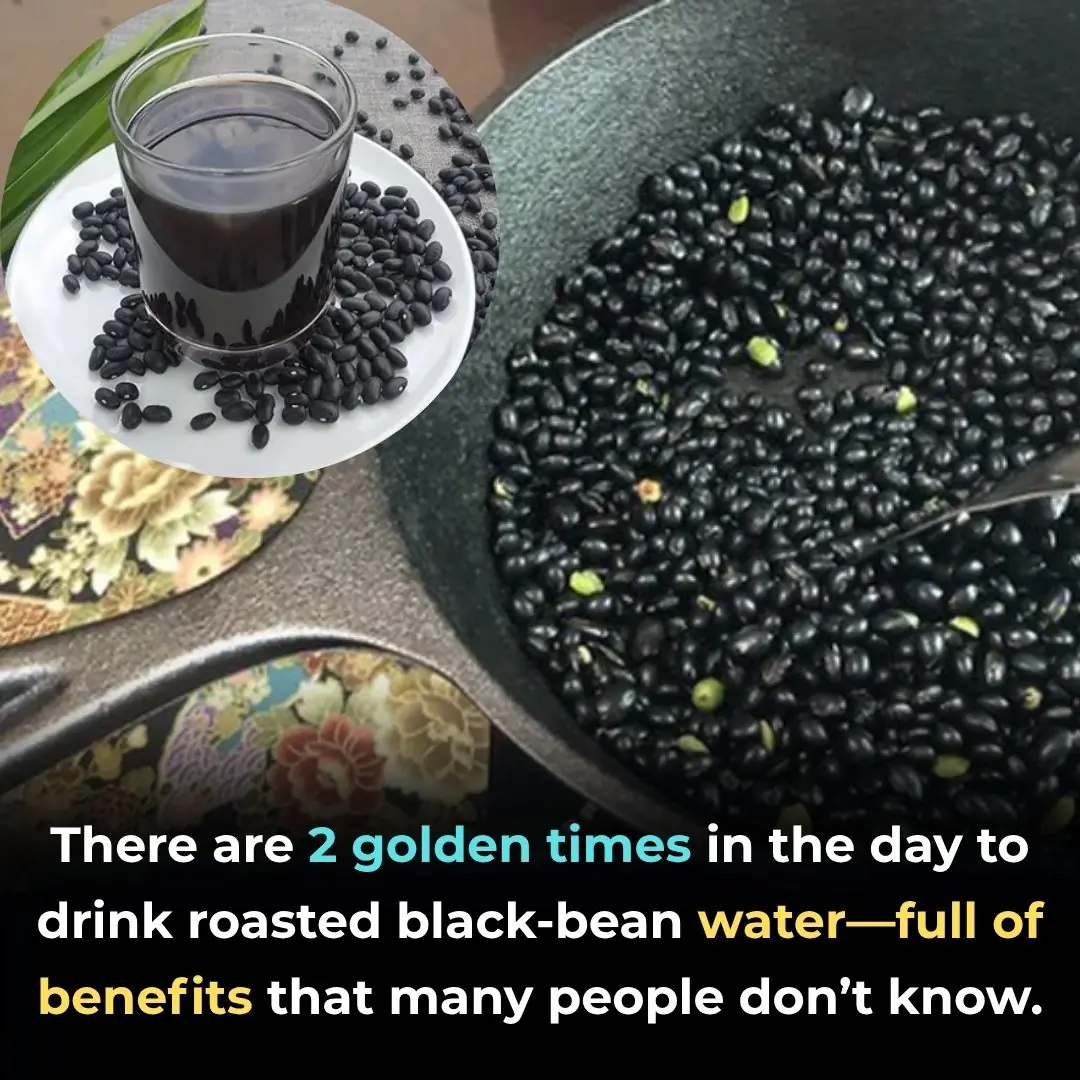
The Two Golden Times of Day to Drink Roasted Black Bean Water — A Small Habit With Big Health Benefits
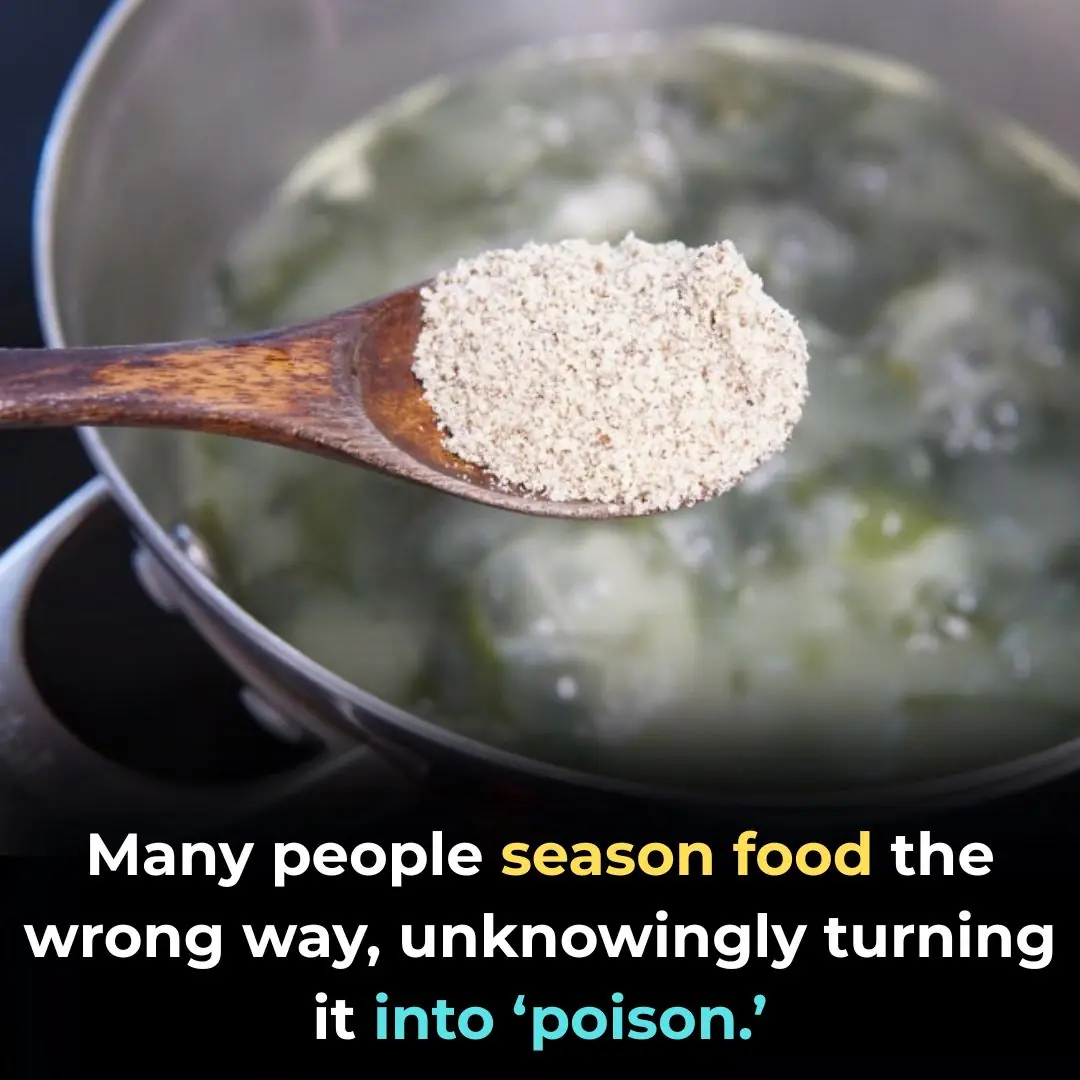
Millions Are Seasoning Food the Wrong Way — Making Meals Less Tasty and Potentially Toxic
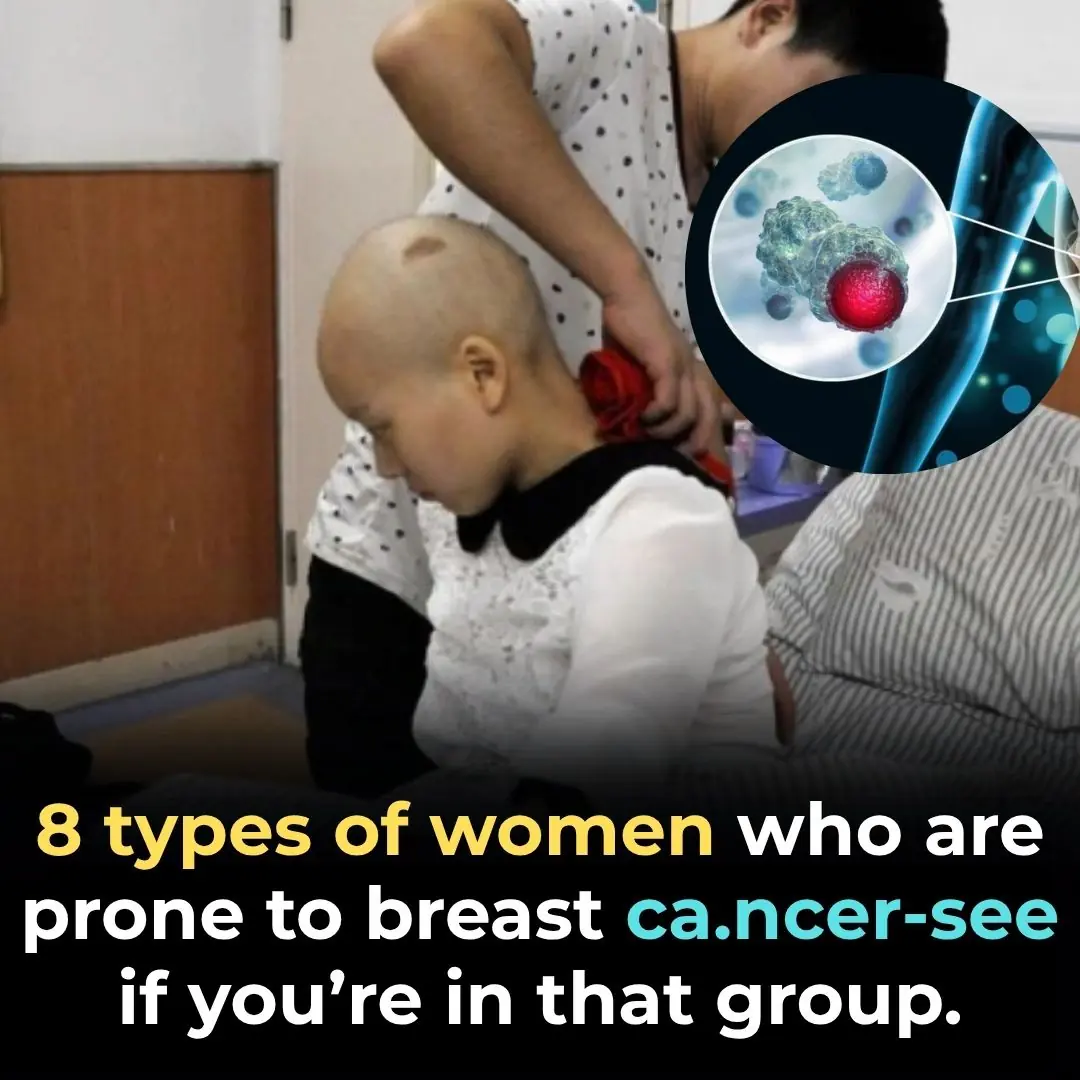
8 Types of Women Most at Risk for Breast Cancer — Are You One of Them?
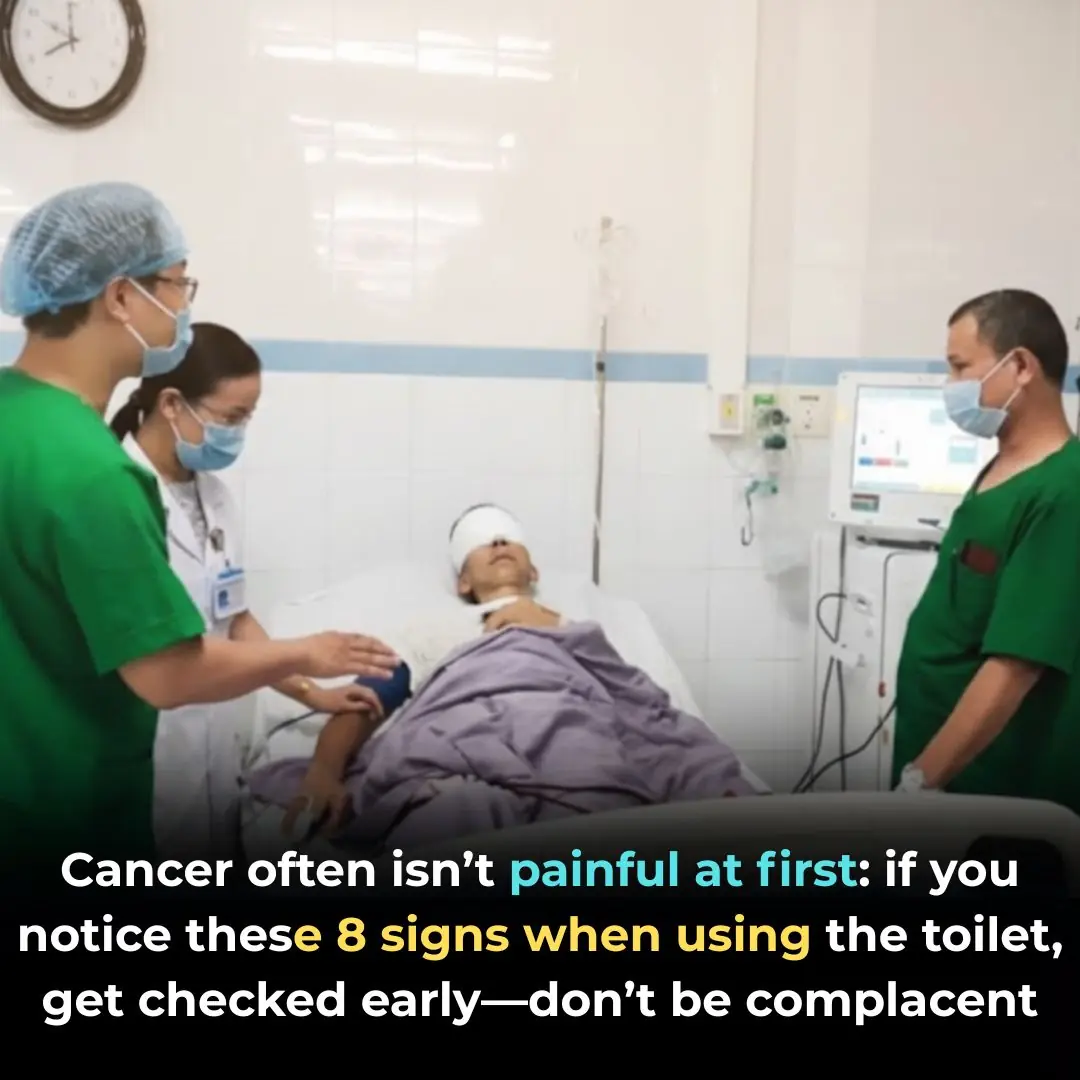
8 Subtle Bathroom Signs That Could Indicate Cancer — Don’t Ignore Them

Previously Homeless Veteran and Mother of 6 Becomes A First-Generation College Graduate

Baileigh Sinaman-Daniel Makes NCAA History as First One-Armed Women’s Basketball Player to Score in a Game

California Teen Goes From Compton To Harvard To Oxford As A Rhodes Scholar
News Post
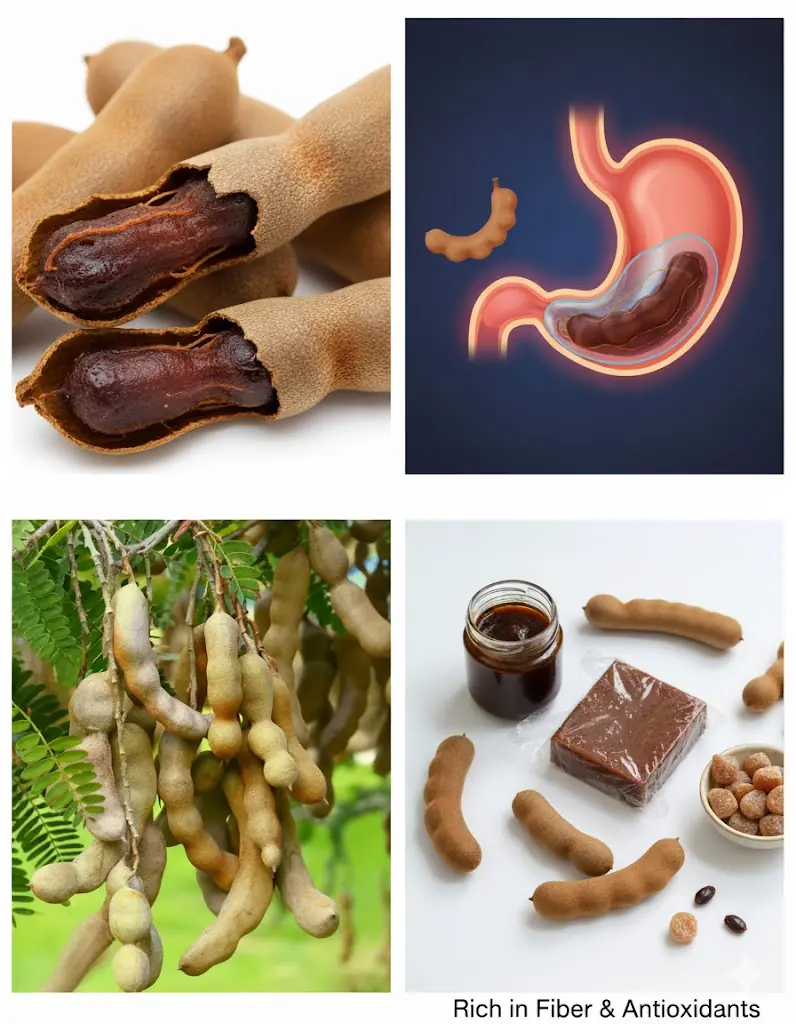
The Power of Tamarind Fruits: Sweet, Sour & Supercharged with Health Benefits
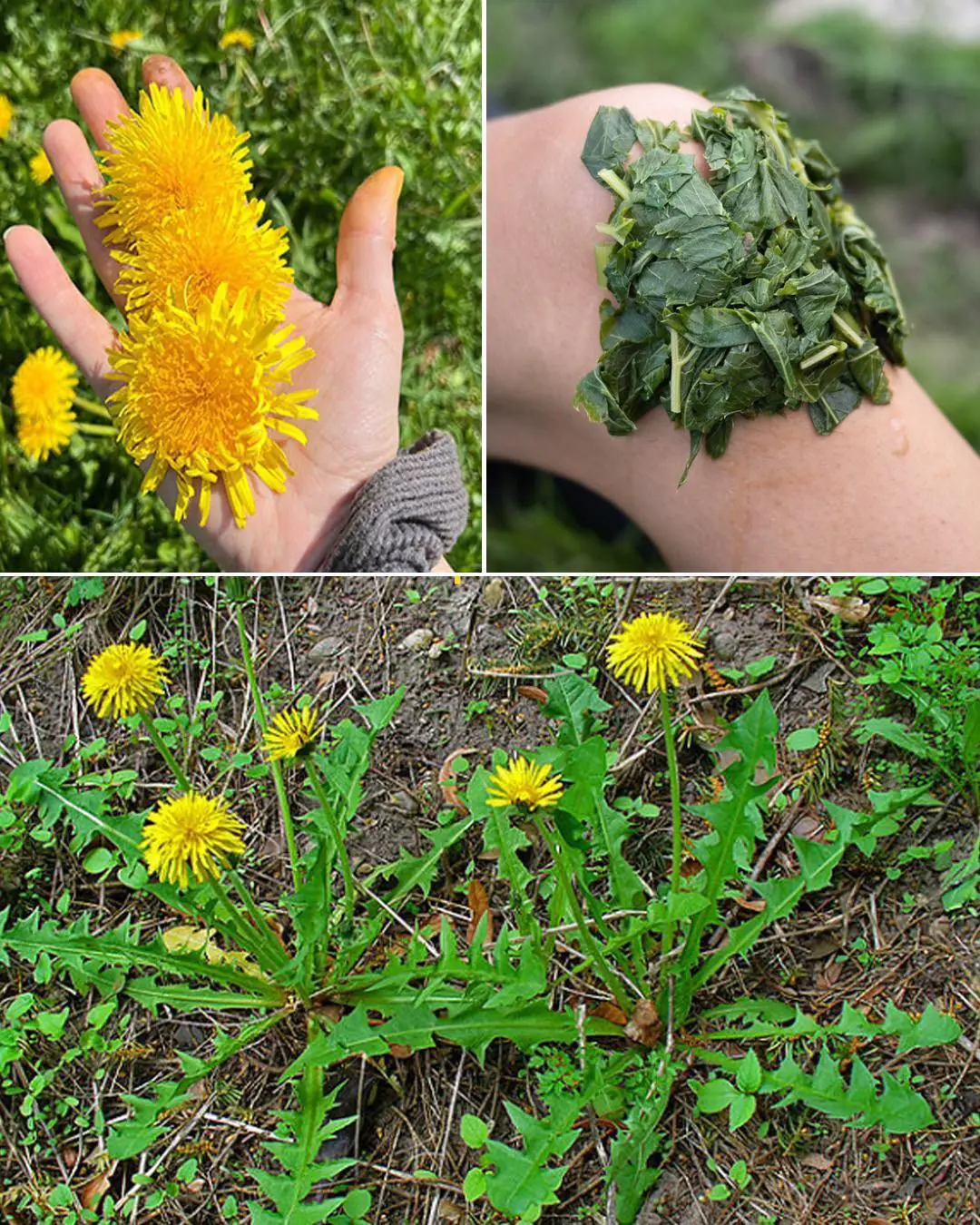
5 Health Benefits and Uses of Dandelion
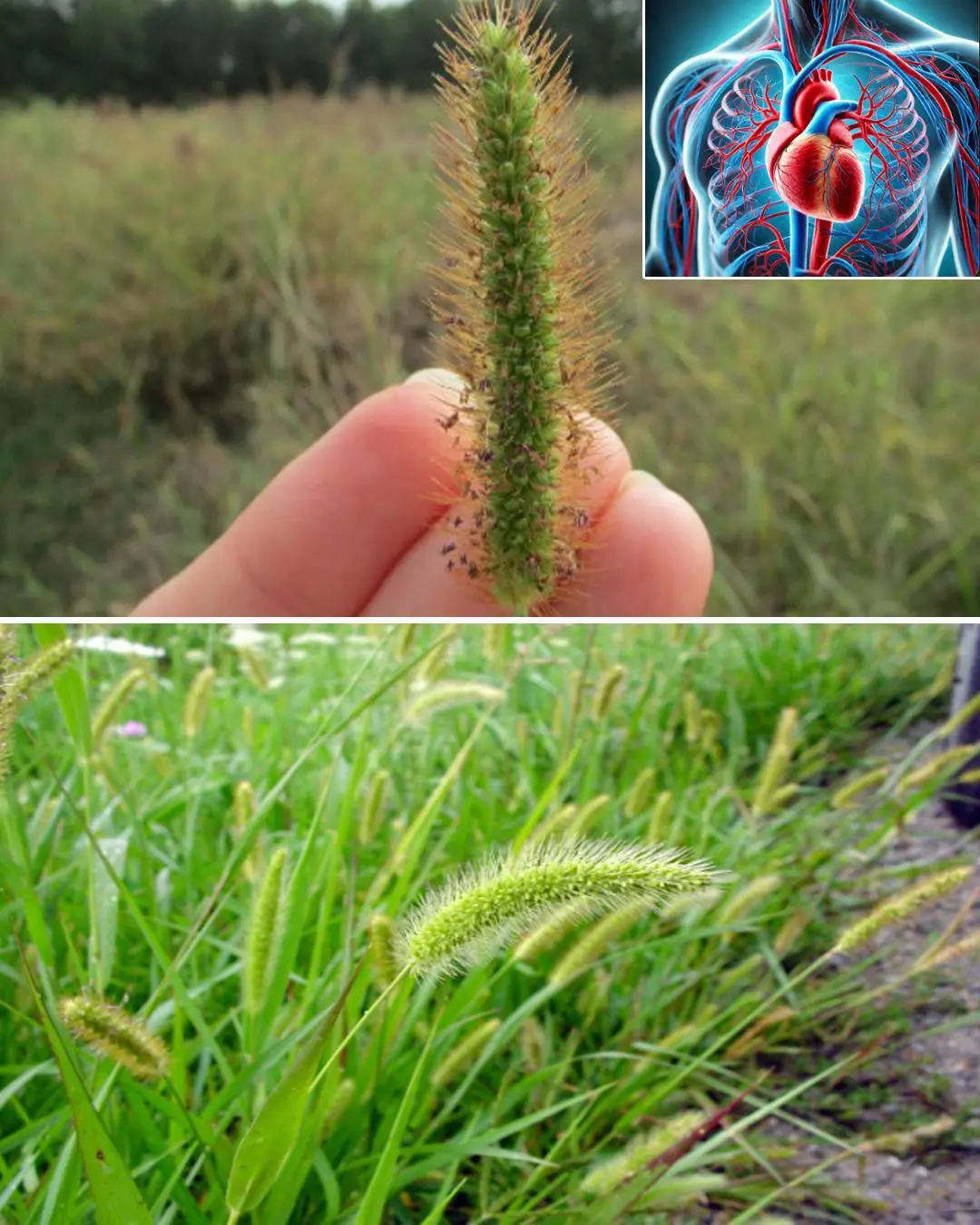
The Benefits and Uses of Foxtail Grass
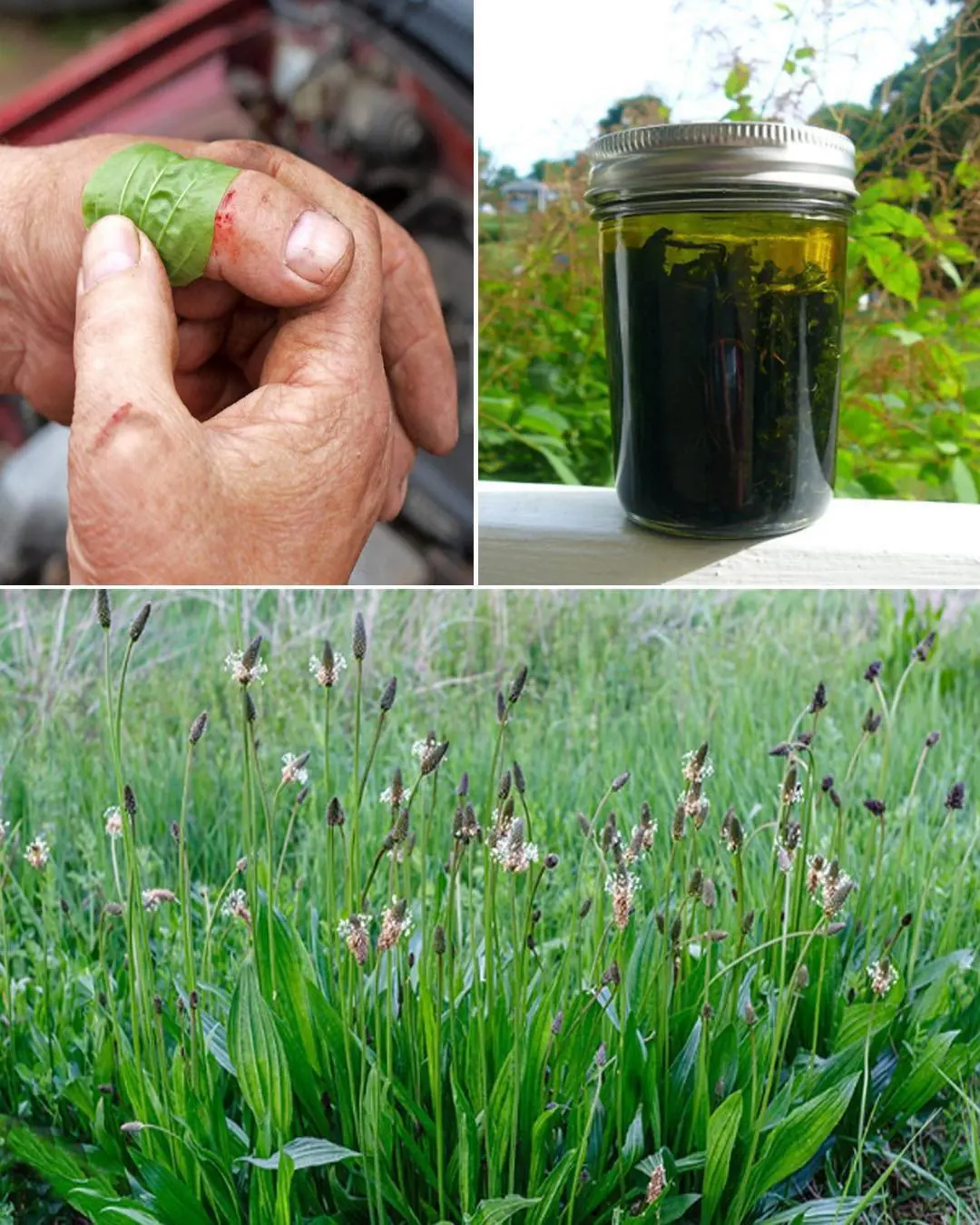
Fact & Health Benefits of Ribwort Plantain
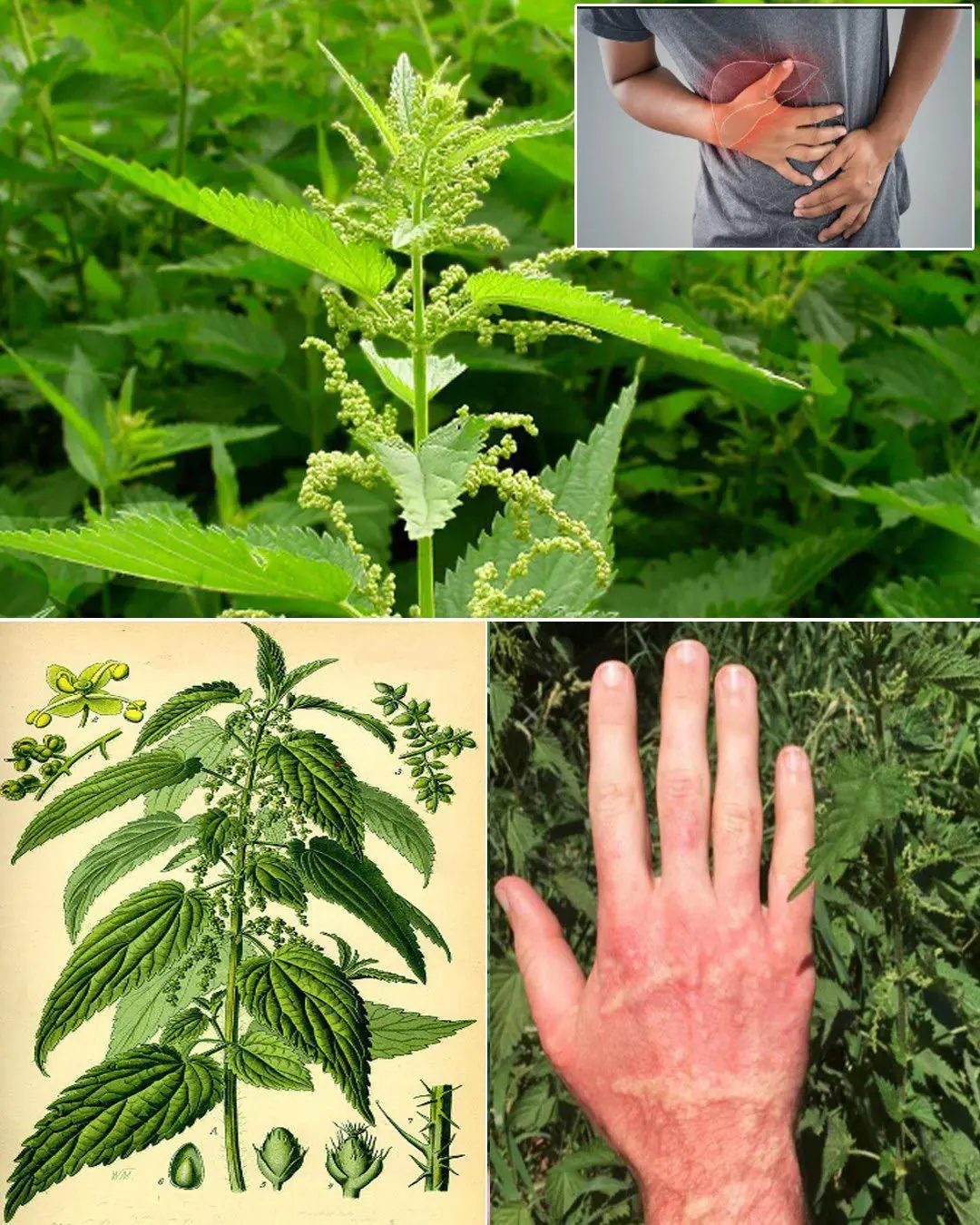
7 Nettle benefits and uses

Roasted Lemon and Salt: A Powerful Natural Remedy for Cough and Sore Throat

Why Electric Kettles Are Rare in Western Homes — Despite Their Convenience
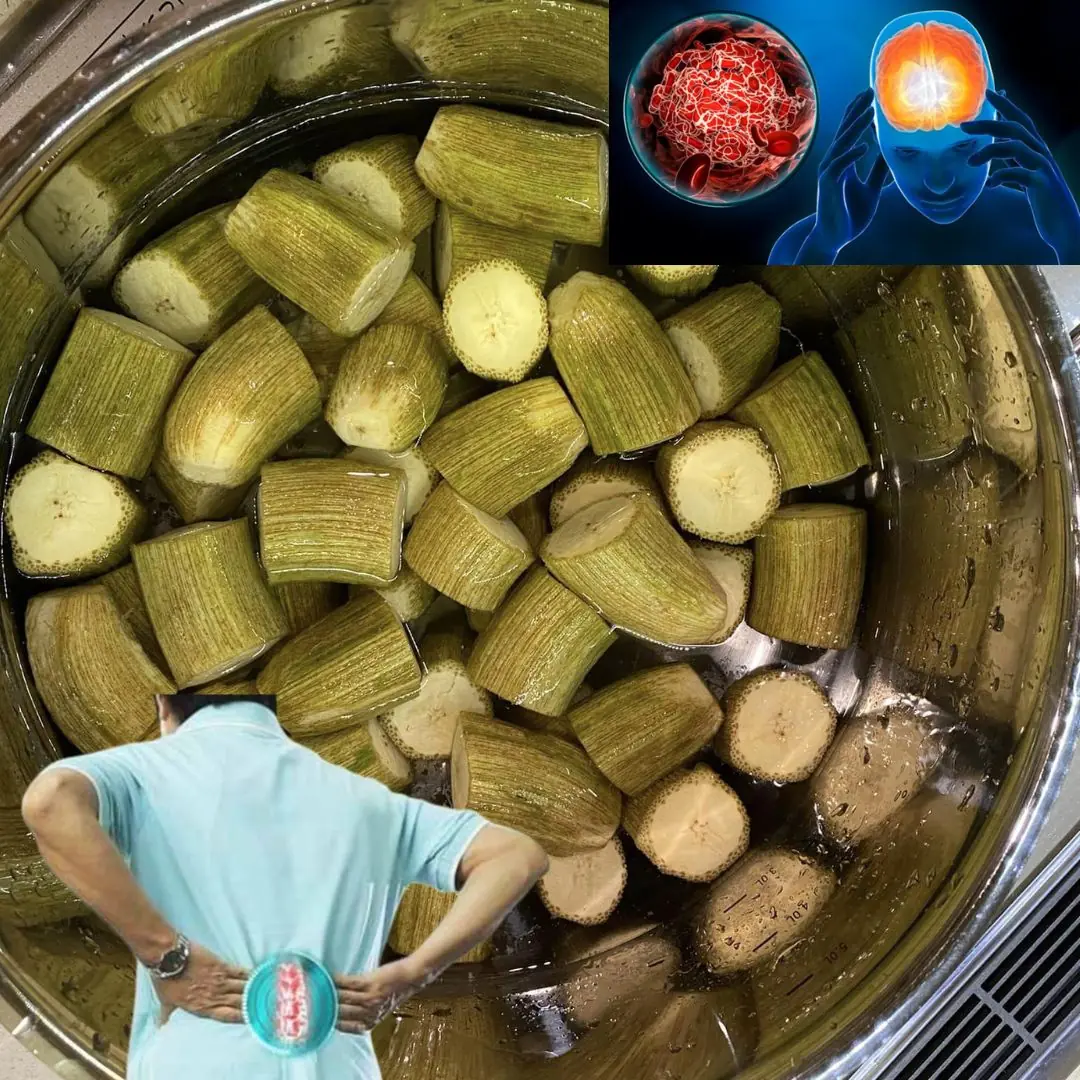
Boiling 3 Bananas Before Bed: Why Many Are Doing It

Should You Throw Toilet Paper in the Trash or Flush It?
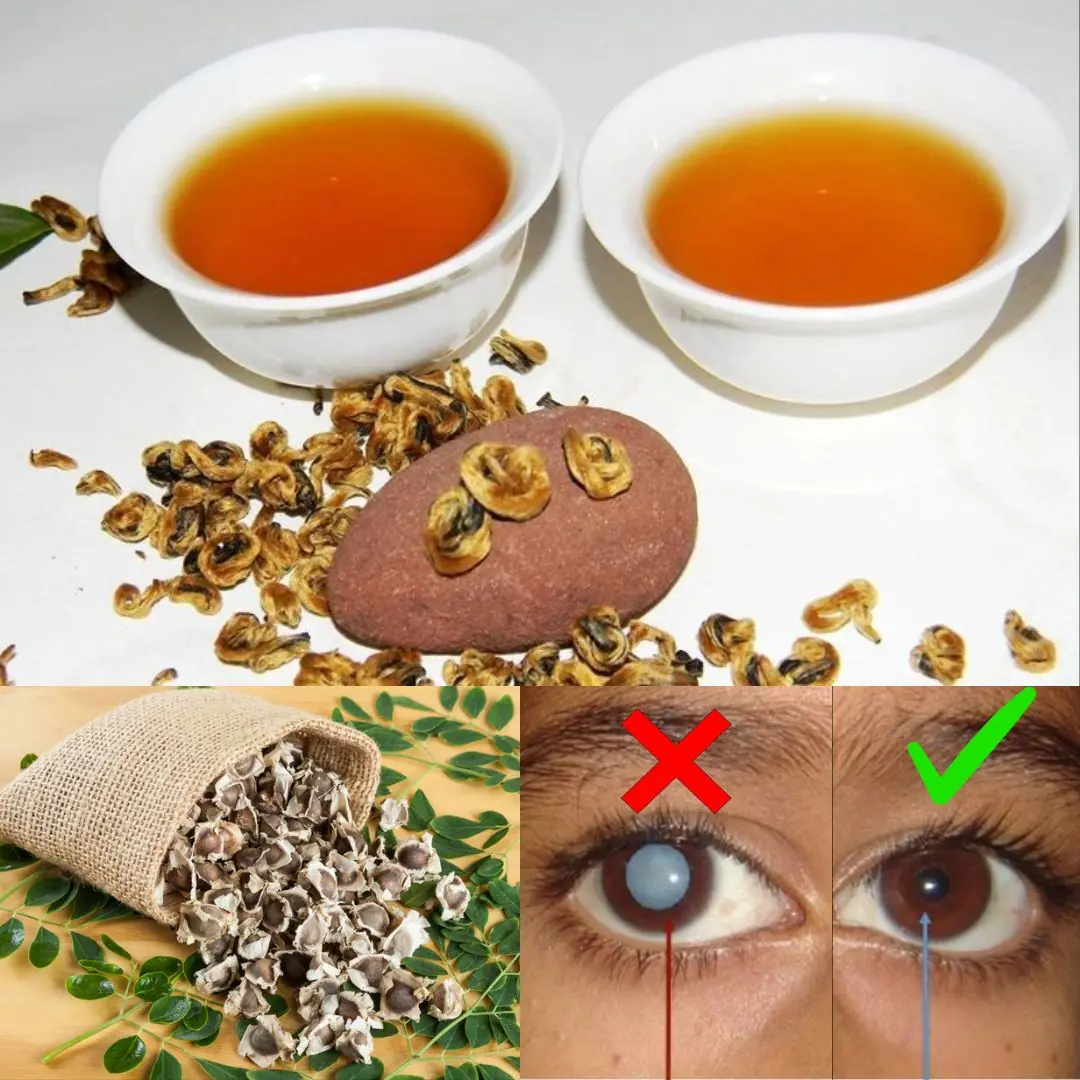
12 Powerful Benefits of Moringa Seeds

‘Learn How to Drive!’: Connecticut Karen Embarrasses Her Husband and Herself Over Parking Spot That Was Never Blocked

How to Reduce Freckles for a More Even and Radiant Skin Tone

Don’t Throw Away the Handle of Your Used Cooking Oil Bottle — It Has Many Surprising Uses in Everyday Life

Magpie The Spiritual Meaning of an Unusual Encounter

How to Eat Garlic and Honey on an Empty Stomach for 7 Days — The Natural Ritual That Strengthens, Cleanses & Revitalizes the Body

The Hidden Power of Common Lantana (Lantana camara): What You Can Safely Do with It at Home

How to effectively cleanse your lungs in just 72 hours

Pour essential oil into white vinegar, solve the biggest problem in the house, many people regret not knowing
